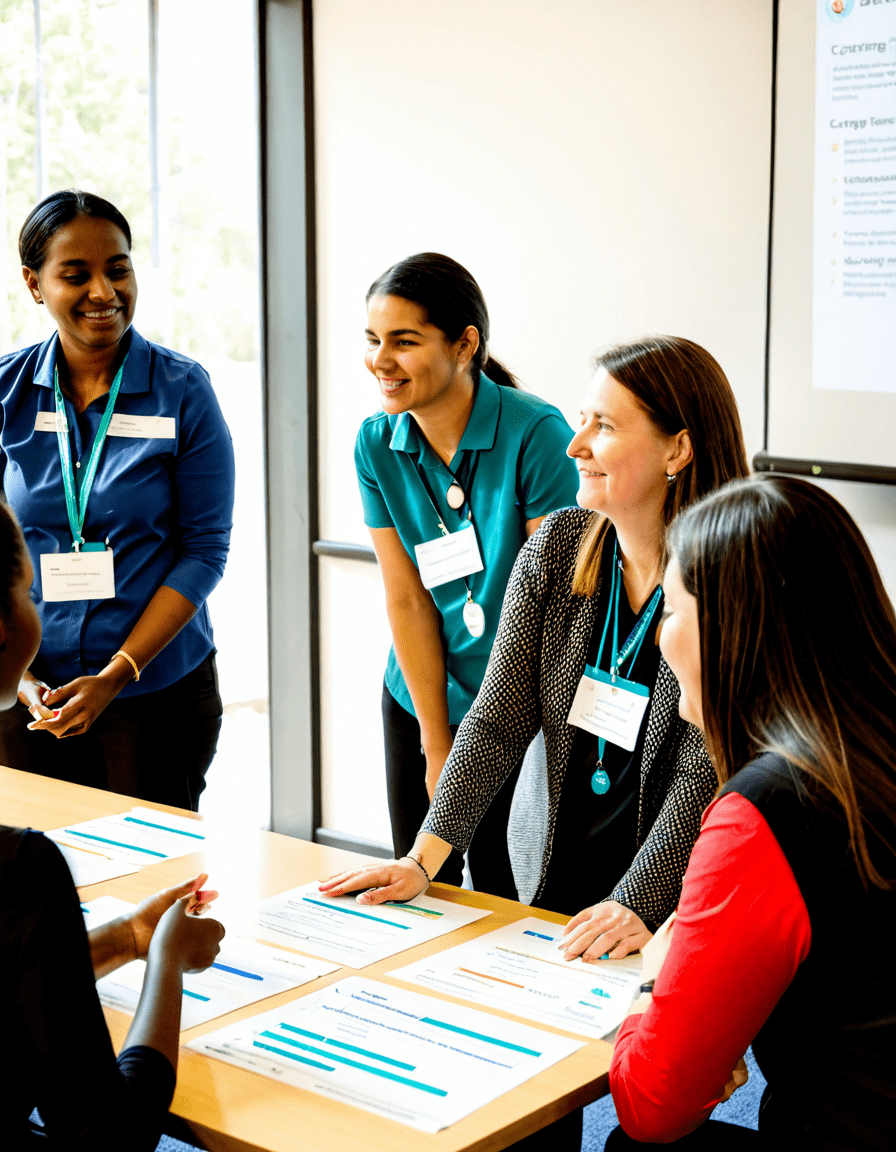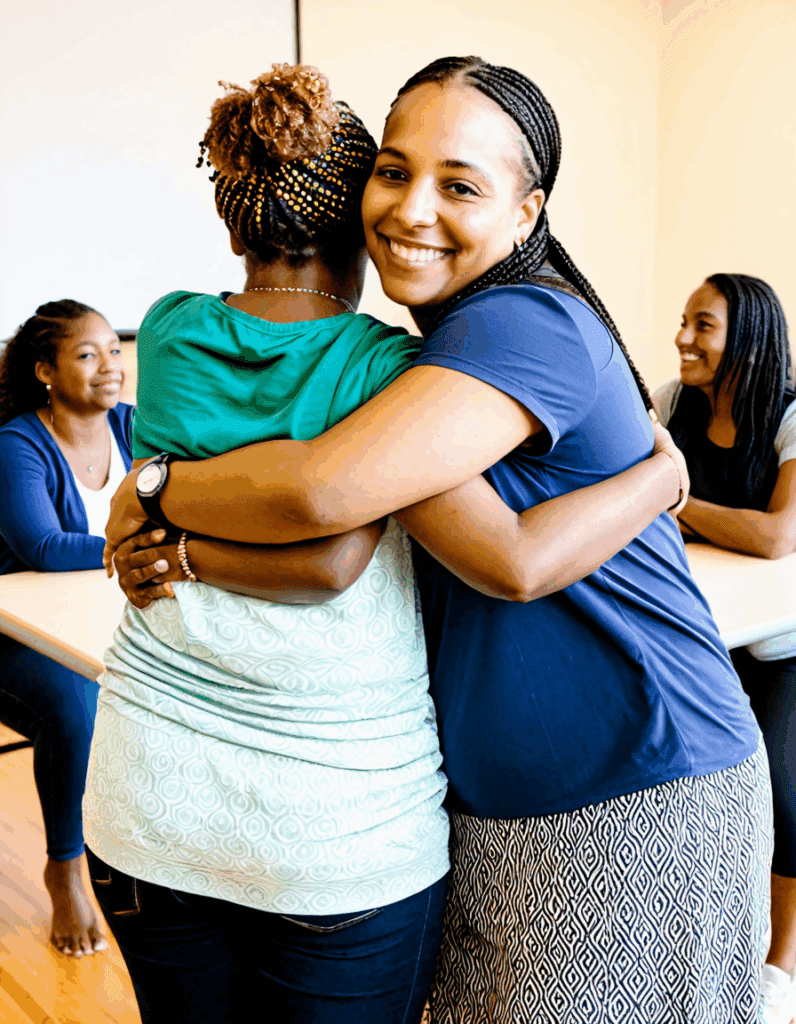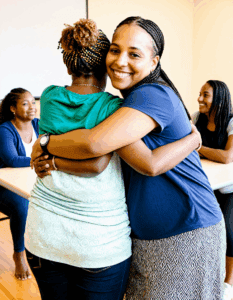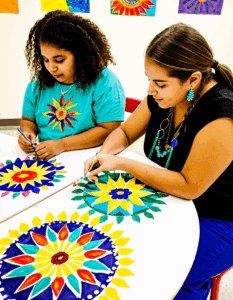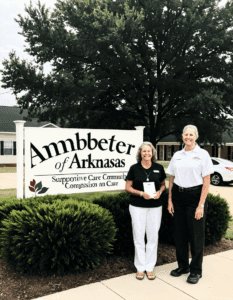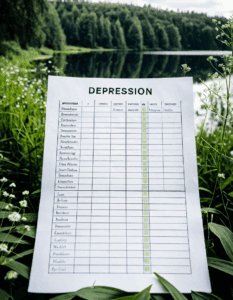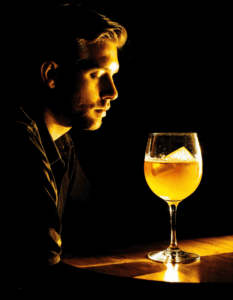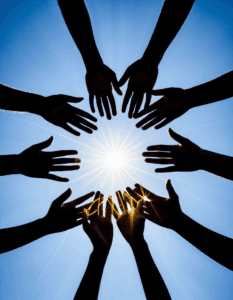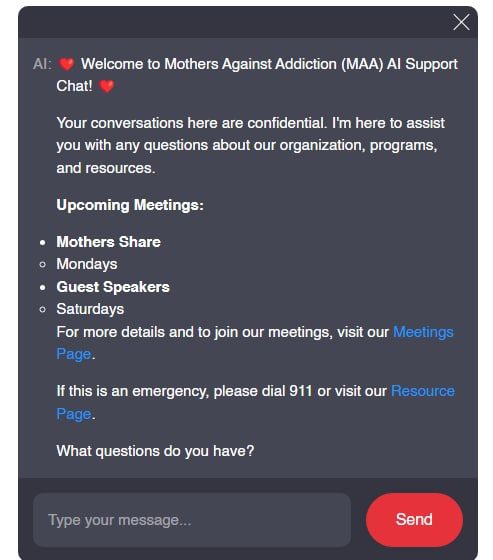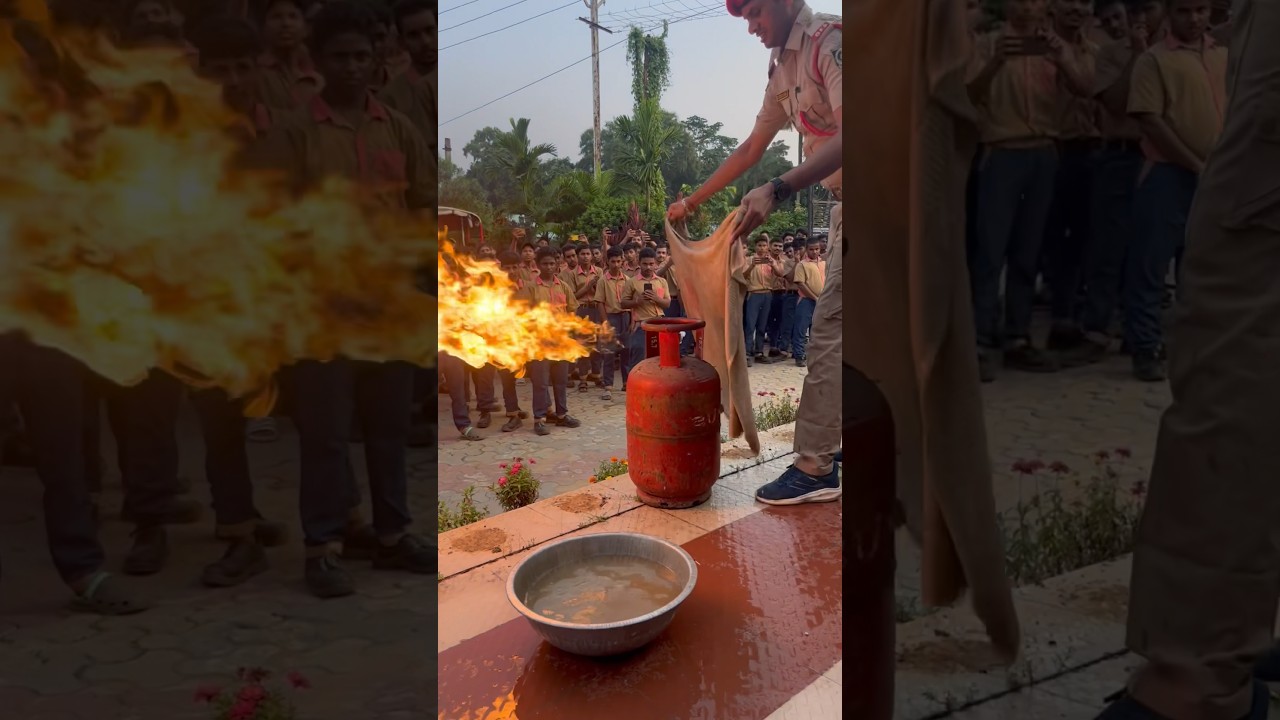
The Power of Trainings: A Transformative Approach to Recovery
In the struggle against addiction, impactful trainings serve as lifelines for individuals and families alike. These trainings energize the recovery process by equipping parents and caregivers with vital tools and knowledge that spark hope and support lasting change. Providing compassion and understanding, organizations like Mothers Against Addiction step in to alleviate some burdens that come with supporting loved ones battling substance abuse.
By appreciating the power of effective trainings, we can foster an environment rich in healing. Each program embodies hope, allowing participants to build resilience and fortitude while navigating the nuanced journey of recovery. For parents grappling with the heartbreaking realities of addiction, empowering trainings can create a ripple effect that resonates far beyond their immediate family’s recovery.
Engaging in these specialized trainings cultivates community, understanding, and a sense of belonging. Just as we celebrate wins in sports like Syracuse basketball, we recognize that supporting efforts like these brings families closer, turning individual struggles into collective victories.

Top 7 Transformational Trainings in Addiction Recovery
Motivational Interviewing hones in on a person’s desire to change by creating a non-judgmental atmosphere. This unique approach encourages open dialogue and empathy among participants. The University of New Mexico’s MI Training grants hands-on experience, consistently yielding impressive results in boosting client engagement, leading to better treatment adherence.
Cognitive Behavioral Therapy workshops take a practical and goal-oriented approach, identifying and altering negative thought patterns that negatively influence substance use. The Beck Institute offers CBT training, which arms professionals with the techniques needed to change lives effectively. Participants develop the skills to break the chains that substance abuse creates, empowering them to reclaim their potential.
Recognizing the link between trauma and addiction sheds light on recovery pathways. TIC training helps caregivers and professionals understand how trauma shapes behavior. The Trauma-Informed Care Project enables organizations to be more empathetic and responsive, especially for individuals touched by experiences like domestic violence, which can often lead to substance abuse.
Mindfulness provides a peaceful anchor during turbulent times. The Center for Mindfulness in Medicine showcases MBRP, a welcoming training that integrates mindfulness into recovery strategies. Participants cultivate self-awareness, learning to manage cravings and reduce relapse rates, thereby igniting a transformation in their approach to recovery.
Family dynamics play a crucial role in healing. SAMHSA (Substance Abuse and Mental Health Services Administration) highlights the importance of involving families in recovery journeys. Family Therapy Training works to strengthen relationships, allowing families, like Jane’s, to become cohesive support systems for their recovering loved ones, ensuring everyone thrives together.
Connections forged through shared experiences harness immense power. The National Association of Alcoholism and Drug Abuse Counselors (NAADAC) offers peer recovery support trainings that transform individuals into invaluable guides for others. This supportive network fosters hope and connection, providing the kind of understanding that only arises from lived experience.
Addressing the practical parts of recovery is just as vital as emotional support. Life Skills Coaching teaches essential skills like financial literacy and job readiness, helping individuals reintegrate seamlessly into society. The Recovery Management Collaborative runs programs that encourage life rebuilding, breaking cycles that addiction often perpetuates.
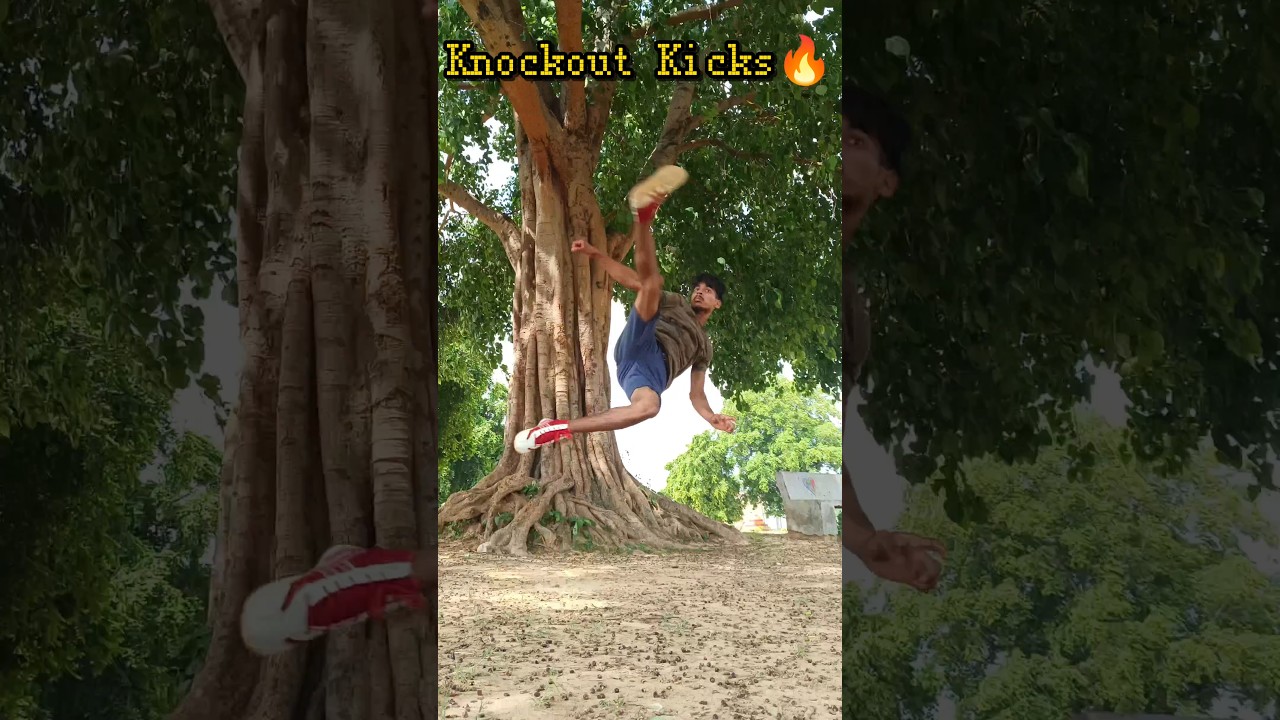
The Impact of Trainings on Recovery Outcomes
Evidence tells a powerful story about the efficacy of these training programs. According to the National Institute on Drug Abuse (NIDA), implementing evidence-based practices, like those listed, can lead to significantly better recovery outcomes, with studies showing a reduction in relapse rates by over 50% when mindfulness is integrated into traditional methods.
These trainings are more than mere statistics—they represent real people embarking on transformative journeys. Take John as an example. After the CBT workshop, he tackled his anxious thoughts and embraced sobriety. Similarly, Jane experienced profound changes in her family relationships through family therapy training, leading to unwavering support in her recovery journey.
The compelling stories and the character transformations illustrate the essence of hope behind these training programs. Through structured knowledge and emotional support, individuals and families experience a resurgence of hope and resilience, and that’s a powerful motivator.

Fostering Hope Through Comprehensive Training
In our battle against addiction, structured training programs offer more than education—they stand as beacons of hope and inspiration. By blending innovative strategies, practical skills, and emotional support, these programs forge robust networks that empower families and individuals.
Investing in trainings propels a movement towards sustained recovery, resilience, and a supportive community. As we look to the future, continuous development in training methods will be pivotal in shaping a culture that envelops those affected by addiction with understanding, care, and compassion. Let’s champion this movement and create an environment where families can triumph together, fostering hope and healing for all.
For anyone struggling with addiction or grappling with the loss of a loved one due to addiction, remember that help is available. Whether it’s seeking support for changing your life or navigating through grief, you aren’t alone. Empower yourself with the assistance of programs like Mothers Against Addiction, where every step towards recovery provides light in a seemingly dark world.
Trainings that transform lives are essential for paving the way to a brighter tomorrow—one filled with hope, resilience, and connection. Together, we can create a support system that uplifts each individual journey, building a future rooted in understanding and compassion.
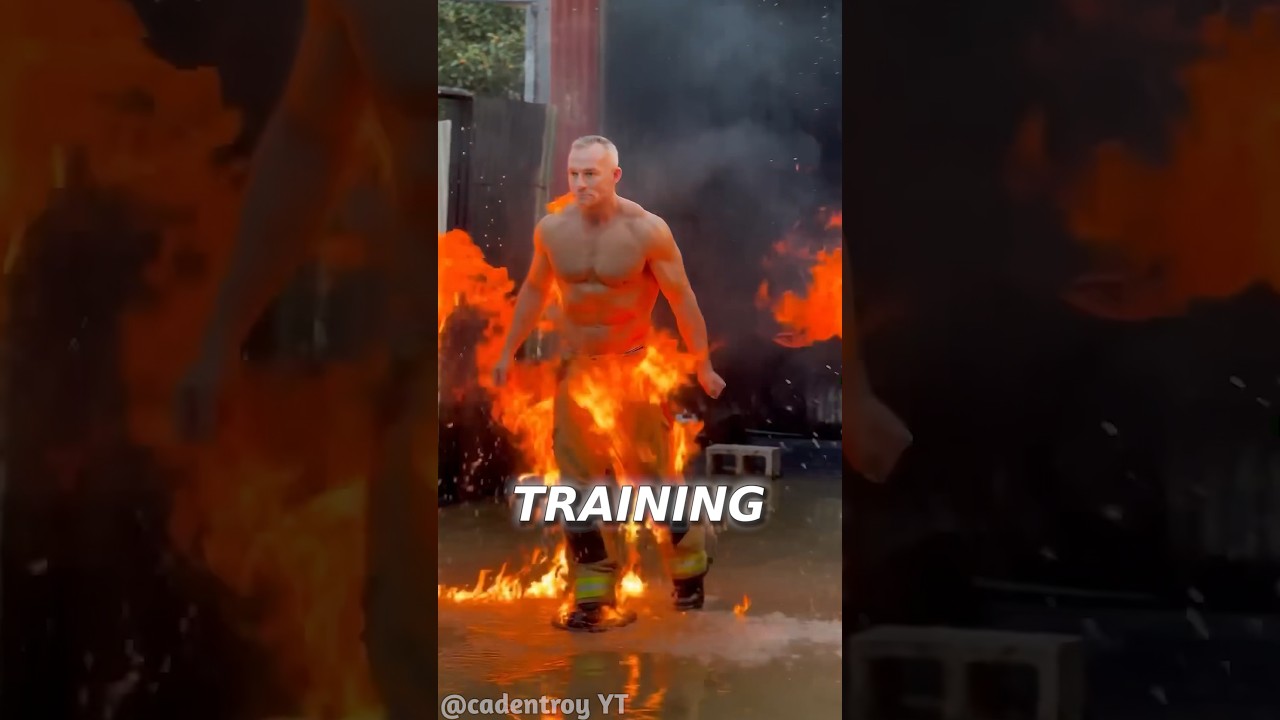
Trainings That Transform Lives and Foster Hope
The Power of Educational Experiences
Trainings play a vital role in empowering parents and caretakers dealing with addiction. They provide crucial knowledge and skills that can transform the difficult journey of recovery. Did you know, over 50 million adults in the US have reported facing mental health issues at some point in their lives? This stat emphasizes the need for effective training programs that support families dealing with addiction challenges. Various organizations, including ours, focus on providing these valuable sessions. You might’ve heard of Maria Conchita alonso, a talented actress who has used her fame to support mental health causes, which reflects how public figures can make a difference.
Fostering Community Connections
Training isn’t just about learning; it’s about building a community. When parents gather to share experiences, hopes, and strategies, they forge bonds that can last a lifetime. Plus, the discussions often help break down stigmas surrounding topics like death With dignity, reminding us that education can extend into sensitive topics that many might shy away from. Fun fact: Speaking of connections, the 2013 adaptation of “Romeo and Juliet” brings together themes of love and loss, much like how parents find solace and motivation in supportive groups.
The Impact of Knowledge on Future Generations
Ultimately, the knowledge gained through trainings can lead to healthier, happy futures for children. The statistics on suicide rates in The Us are alarming and underscore how vital it is to address mental health and addiction proactively through these programs. With the right support and education, families can side-step the pitfalls that lead to these devastating statistics. Just like the classic holiday song All I Want For Christmas is You, the greatest gift we can give to our children is hope and love. After all, all we truly desire is a brighter tomorrow for our kids! Even on difficult days, when truths feel heavy, it’s essential to embrace the learning opportunities that train and uplift us, helping to overcome adversity—much like reflective moments captured in works like Suzanne Somers Naked.
In the end, trainings are more than just sessions; they are the starting point in fostering hope and transformation within families facing addiction.
